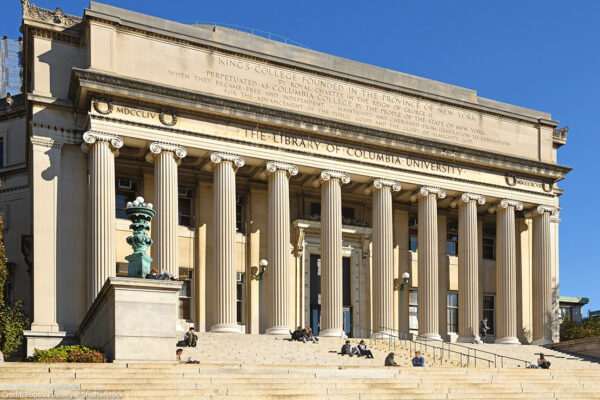House Hate Crimes Bill Punishes Violence, Not Bigotry
(Originally posted on Daily Kos.)
The House hate crimes bill is pitch-perfect.
It punishes only the conduct of intentionally selecting another person for violence because of that person's race, color, national origin, religion, gender, sexual orientation, gender identify or disability.
House Judiciary Committee Chairman John Conyers and more than 40 bipartisan co-sponsors deserve credit for introducing what could become the first federal law of its kind to protect against violence due to someone's gender, sexual orientation, gender identify or disability.
But this bill doesn't punish bigotry, as ugly as those beliefs are.
So let's really explore concerns that the hate crimes bill will chill free speech and association.
For years, the ACLU was concerned enough to withhold support for this bill.
That problem was fixed in 2005.
Now, the ACLU strongly supports the Local Law Enforcement Hate Crime Prevent Act of 2009. For four years, the ACLU has fought for this legislation as protecting both civil rights and free speech and association.
This bill blocks evidence of speech and association not specifically related to a crime. That means anyone saying Congress will unleashed the "thought" police or "thought crimes" is wrong. Anyone saying people of one group offended by a broadcaster, pastor or Sunday school teach could trigger a federal prosecution is wrong.
These are just some of the red herrings about this bill, so let's be absolutely clear.
This bill will have the strongest protection against the misuse of a person's free speech that Congress has enacted in the federal criminal code.
It's worth taking a look at the short provision in the hate crimes bill that will prevent the possibility of a federal criminal conviction on the basis of speech not related to a violent act:
In a prosecution for an offense under this section, evidence of expression or associations of the defendants may not be introduced as substantive evidence at trial, unless the evidence specifically relates to the offense.
This provision is not new. It is not some untested law.
This provision in the House bill almost exactly copies language in a sixteen-year-old law in Washington state. We checked with litigators involved in hate crimes cases in Washington state. They report no complaints. The provision does not impede prosecutions.
In fact, we have found in our long record of fighting for stronger protections for the First Amendment of the U.S. Constitution and civil rights that the two go hand in hand. Vigilant protection of free speech rights historically has opened the doors to effective advocacy for expanded civil rights protections.
Now, it's time for the Senate to include this protection of free speech and association in their hate crime bill — then it will become pitch-perfect too.
Stay informed
Sign up to be the first to hear about how to take action.
By completing this form, I agree to receive occasional emails per the terms of the ACLU's privacy statement.
By completing this form, I agree to receive occasional emails per the terms of the ACLU's privacy statement.

